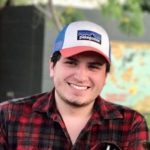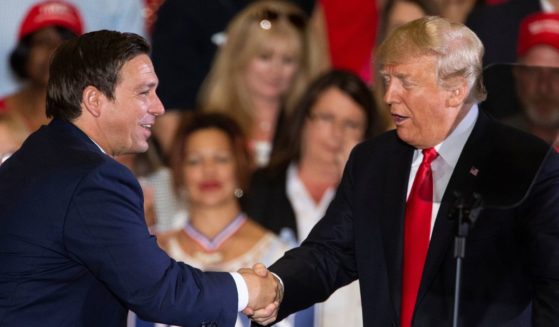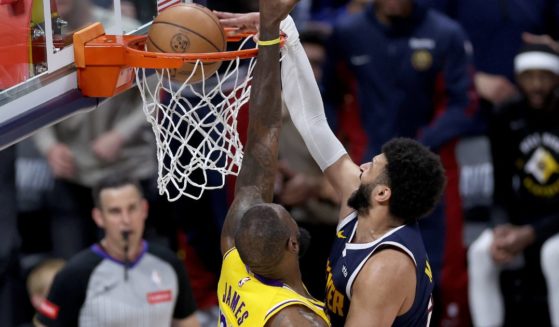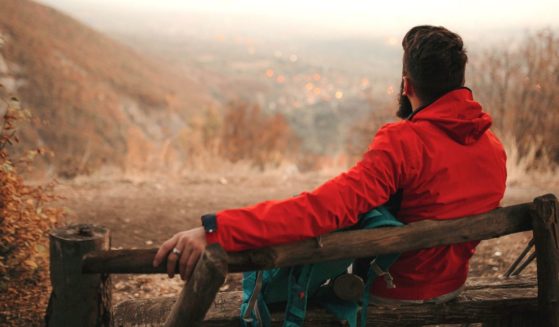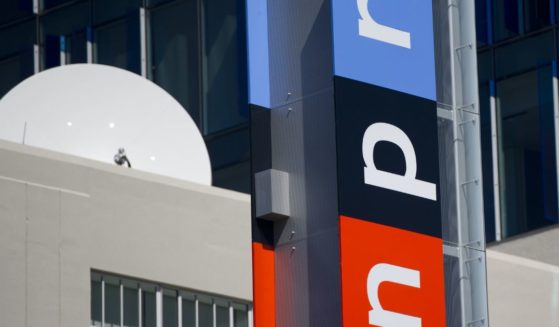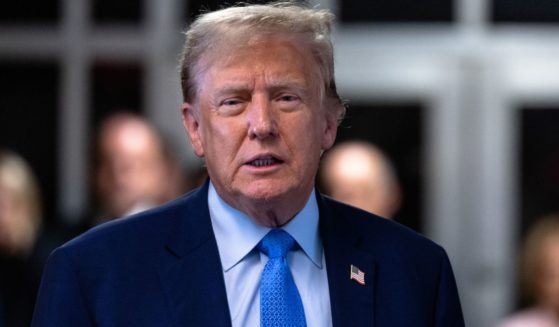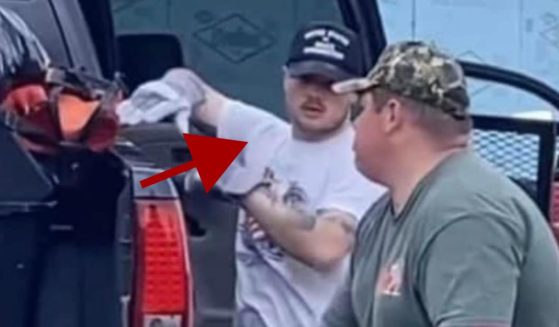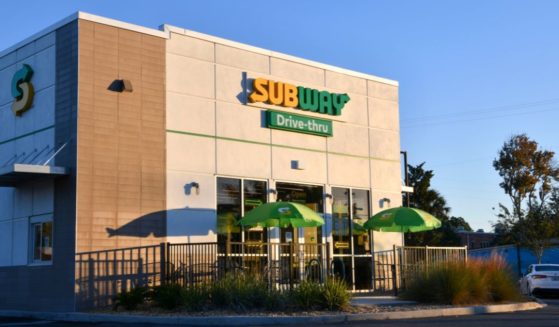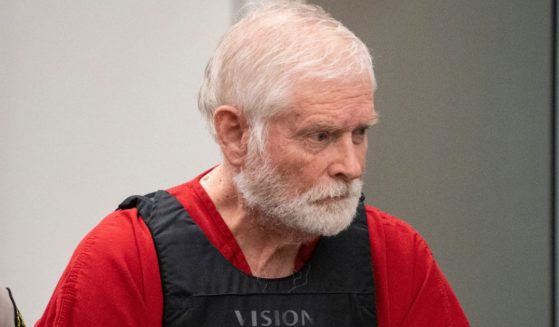NYC Reportedly Bribing Prisoners with Anti-Virus Gear To Dig Mass Graves
New York City is reportedly using its Rikers Island jail workforce to dig mass graves, seemingly in anticipation of the fallout from the city’s spike in coronavirus cases.
To lure convicts (those in jail awaiting trial are not part of the arrangement) into joining the work detail, the prison system is even offering a major increase in pay over what jobs normally pay behind bars, as well as access to masks and protective gear that much of the general population would have a hard time securing, according to a new report.
While the prisoners will reportedly be handed gear for the work under this arrangement, average Americans are finding it near impossible to buy masks, gloves and other protective equipment due to shortages and appropriation.
According to The Intercept, inmates will also receive $6 per hour for the work.
This is nearly a tenfold increase in pay over what the average New York state prisoner earns, which was discovered to be around 65 cents per hour in a 2017 Gothamist report.
Clearly, New York City wants these graves.
A spokesperson from Mayor Bill de Blasio’s office confirmed the existence of the graves, but claimed they were not specific to COVID-19.
Hart Island, where the graves are to be dug, is home to a public cemetery which is already maintained by inmates.
While the mayor’s office may claim the graves are not specifically intended for coronavirus victims, official documents hint the Hart Island cemetery will be used exactly for that purpose.
A 2008 document prepared by the city’s chief medical examiner highlighted Hart Island as a destination for a hypothetical surge of corpses following a deadly viral outbreak.
“As of 2007, the [NYC Department of Correction] reported that Hart Island has two prepared sites able to accommodate 19,200 decedents and an additional undeveloped site to support future interments,” the report reads.
Although the document used influenza to model the deaths, it’s been shown that COVID-19 is a much deadlier illness.
All things considered, it appears that the government doesn’t even need to bribe inmates with inflated wages and hard-to-get gear in order to get the work done.
It’s likely that prisoners digging the graves are in a much better position than those inside prison facilities.
For one, the SARS-CoV-2 virus that causes COVID-19 thrives in packed and unsanitary conditions like those of Rikers Island and other New York prison facilities. (Harvey Weinstein, locked up in a Buffalo-area prison, caught COVID-19 while behind bars.)
Working in the open air while using the personal protective gear issued by the prison would likely give inmates on grave-digging detail a much better chance of avoiding infection.
While New York is the state hardest hit by the viral pneumonia, numbers from Johns Hopkins show the mounting number of deaths have not yet come close to requiring the digging of mass graves.
When considering Americans’ propensity for ingenuity, like when doctors discover new ways to use ventilators, and the fact that production capacity for consumer goods is being shifted toward medical gear, it’s far from certain that these graves will ever be filled with the bodies of New Yorkers.
Truth and Accuracy
We are committed to truth and accuracy in all of our journalism. Read our editorial standards.
